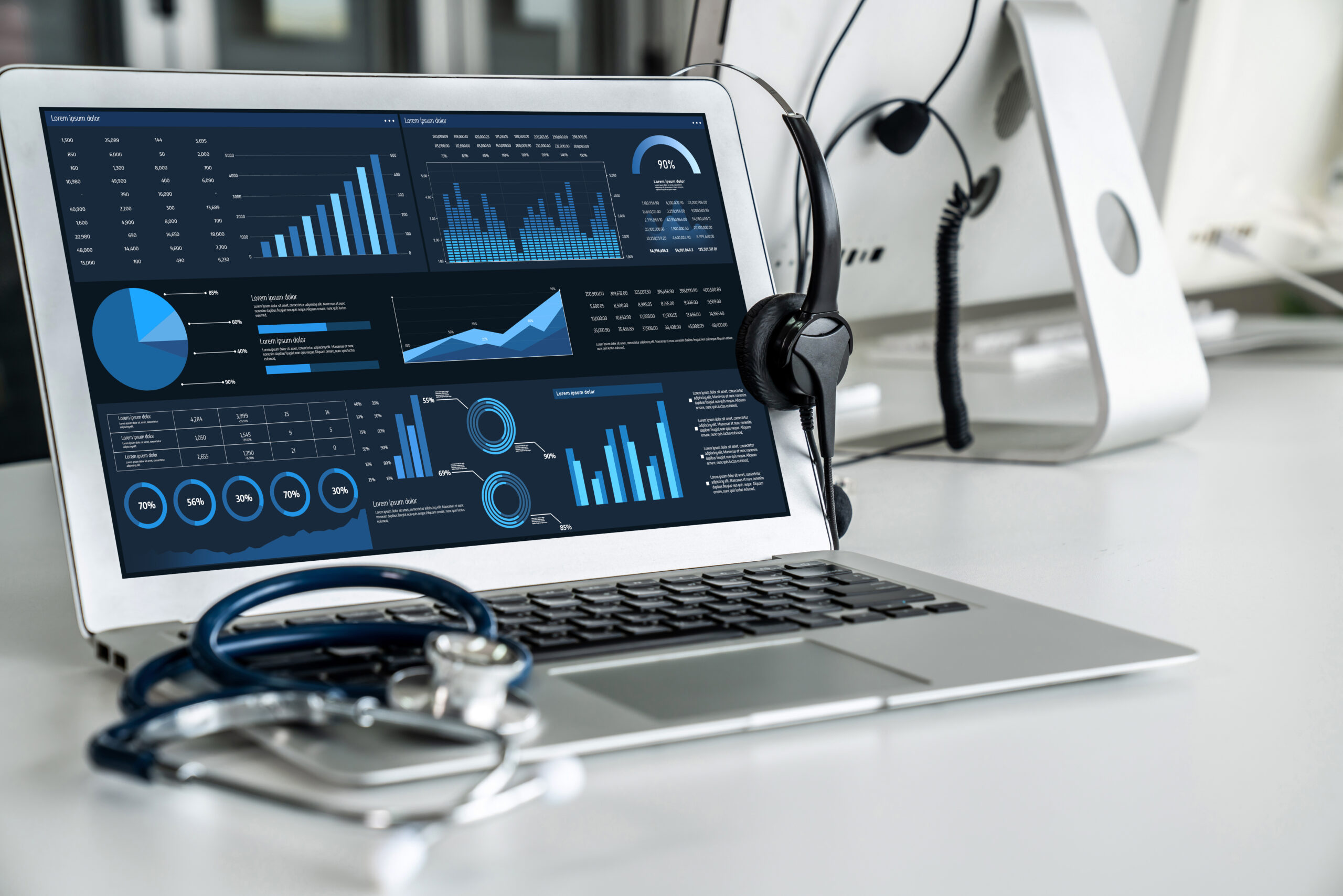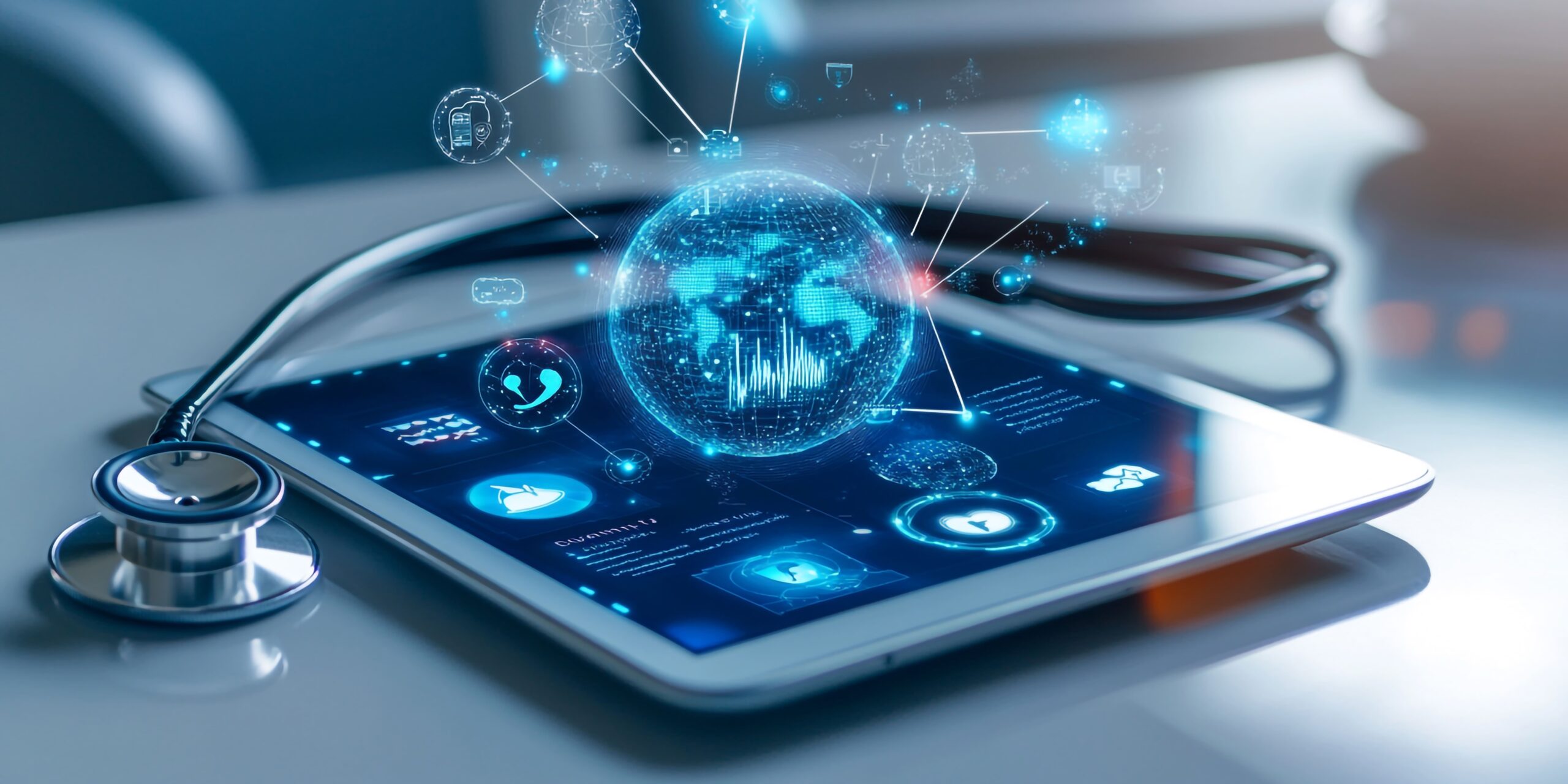Category: Healthcare
-

Software for Health Insurance Companies: A Practical 2025–2026 Guide
This article explores how modern software transforms health insurance operations in 2025–2026, covering core systems, automation, AI, compliance, and integration strategies. It explains key features, real-world benefits, and practical steps insurers can take to modernize their technology stack and reduce costs.
-

ERP in Healthcare: Benefits, Systems, and Custom Implementation
This article explores how ERP systems transform healthcare operations by unifying finance, HR, supply chain, and compliance. It explains ERP vs EHR, core modules, real-world benefits, and when custom ERP or tailored integrations are essential for modern healthcare organizations.
-

Healthcare Compliance Software
This article explores how healthcare compliance software helps clinics, hospitals, and healthcare organizations manage HIPAA, OSHA, and CMS requirements in 2025. It covers core features, AI-driven compliance tools, leading platforms, pricing, ROI, and practical implementation strategies.
-

AI in Medical Diagnosis Examples: Real-World Use Cases Transforming Healthcare
This article explores real-world examples of AI in medical diagnosis across imaging, cardiology, oncology, dermatology, and clinical text analysis. It explains how AI systems support earlier detection, improve diagnostic accuracy, reduce clinician workload, and expand access to care. The guide also addresses regulatory status, ethical risks, data security, and future directions shaping AI-driven clinical decision-making.
-

Machine Learning Applications in Healthcare: 2025 Guide to Use Cases, Benefits & Risks
This article explores how machine learning is transforming healthcare in 2025, covering real clinical use cases, benefits for clinicians and patients, operational impact, regulatory realities, ethical risks, and why ML augments—rather than replaces—medical professionals.
-

Healthcare Predictive Analytics: How Data is Reshaping Care Delivery
Data Source Examples Electronic health records Epic, Cerner records including diagnoses, procedures, vitals, medications Laboratory systems Hemoglobin A1c, creatinine, white blood cell counts, troponin levels Medical imaging PACS archives containing CT scans, MRIs, X-rays Pharmacy records Medication administration records, prescription fills Claims data Medical and pharmacy claims from payers Device and wearable data Fitbit, Apple…
-

AI in Healthcare Regulation: Navigating the Evolving Regulatory Framework for Medical AI Systems
This article explores the rapidly evolving regulatory landscape for AI in healthcare, covering U.S. federal and state laws, EU and UK frameworks, Asia-Pacific initiatives, and emerging standards for SaMD, CDS tools, chatbots, diagnostics, and prior authorization. It explains key challenges, transparency requirements, and future regulatory trends shaping medical AI adoption.
-

EMR Development: Complete Guide to Building Electronic Medical Records Systems in 2025
This article explores the complete roadmap to EMR development in 2025, covering planning, compliance, architecture, costs, AI-driven enhancements, and essential features healthcare providers need to build secure, scalable, and future-ready electronic medical record systems.
-

AI in Preventive Healthcare: Revolutionizing Early Detection and Personalized Medicine
AI is shifting healthcare from reactive treatment to proactive prevention by predicting disease risks before symptoms appear. Using machine learning, medical imaging AI, NLP, and continuous monitoring, AI identifies early warning signs, enables timely interventions, and personalizes prevention strategies. This transformation improves early detection rates, lowers healthcare costs, and helps patients maintain long-term health through…
-

IoT and AI in Healthcare: Transforming Patient Care Through Smart Technology
IoT and AI are transforming healthcare by enabling continuous patient monitoring, real-time diagnostics, and predictive insights. Connected medical devices gather vital data, while AI analyzes patterns to detect risks early, improve accuracy, and optimize hospital operations. This powerful convergence boosts care quality, reduces costs, enhances remote monitoring, and shifts healthcare from reactive treatment to proactive,…